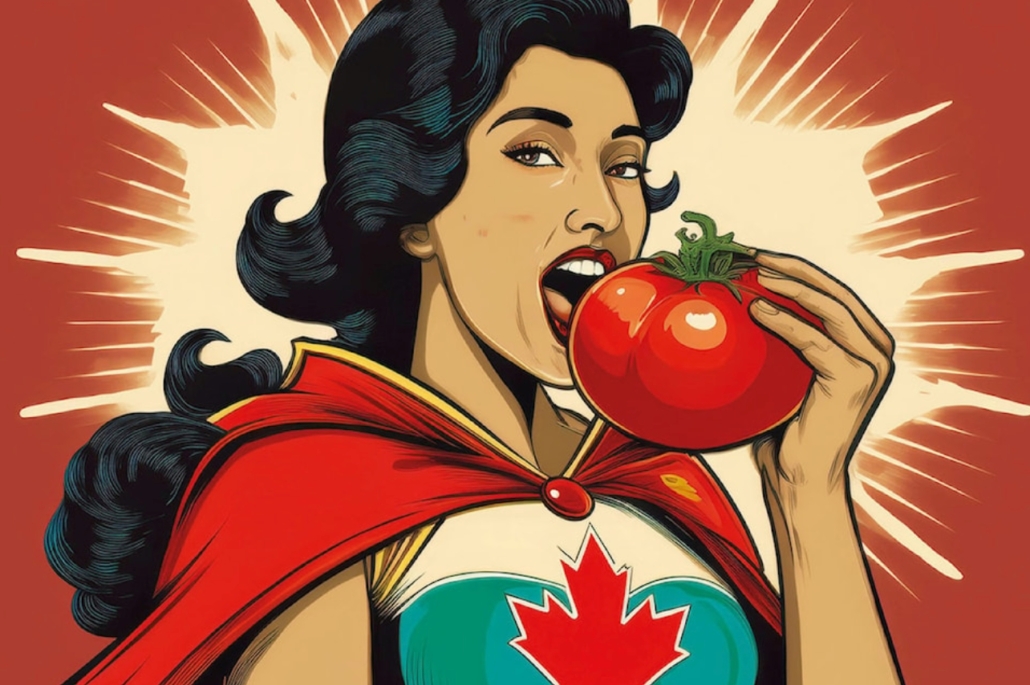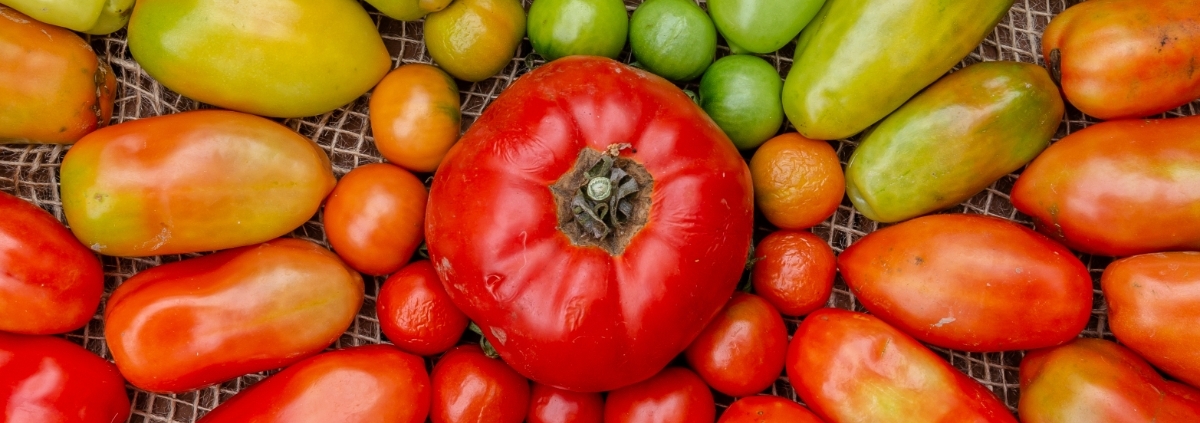MAPPING SOLUTIONS TO CLIMATE CHANGE: Farm to Fork – a guide to local food infrastructure on Southern Vancouver Island
Imagine loving living your life as a food locavore, making daily food decisions that disentangle you from the industrial food web and get you rooted right where you live. When you are not busy growing your own in the community garden, you are purposefully moving through your neighbourhood to stock up on vibrant veggies from the farm down the way, fresh eggs from hens so close they almost cluck you awake in the morning, honey from bees that may have pollinated the flowers on your boulevard. As a locavore, you are a key part of the climate change solution.
But how do you know where to source these local treasures for your table? RUSH can help you find them.
RUSH is engaging the South Island to find and implement climate change solutions and create rapid resilience in record time. At RUSH, we are mapping the risks and fixes to long-term health from climate resilience to a sense of belonging. Our maps feature data layers from a variety of reliable sources, and make sense of government reports while also engaging communities in plotting data relevant to solving climate change that has not yet been mapped.
The Resilient Urban Systems & Habitat (RUSH) Initiative is teaming up with Re-Imagine West Shore to map the most convenient routes to make local food easy to get from farm to fork.
Founding RUSH Partner, the University of Victoria’s Map Shop, has dedicated a team to engage the community in creating a visual representation and dataset of all the places you can source food close to home, including farms and farm stands, community gardens, markets, food co-ops, cideries and wineries, and more.
As rapid urban development and population growth are reshaping the West Shore landscape, this mapping project will help connect consumers with farmers, fostering community bonds and promoting regional food security as we become less reliant on long-distance supply chains and more self-sufficient in times of political and climate crisis. Eating local is one of the key solutions towards climate change.
This farm to fork mapping initiative is community-driven and your input is invaluable. Whether you’re a backyard gardener, a local farmer, or have concerns about adaption solutions to climate change and regional food security in times of uncertainty, we’d love to hear from you. If you have or know of a food-producing space you’d like to add to the map, there are two ways to get on the Farm to Fork: Mapping Food Infrastructure in the Region map located on the RUSH website.
To map a site that is open to the public
For community, pollinator and private gardens
Your local seasonal food choices help to preserve the genetic diversity of our food crops while maximizing flavour and quality, and minimizing food waste. Mapping local food sources also helps us advocate for policies that support urban agriculture. With clear data on where food is grown and distributed, decision-makers can better integrate local food systems into urban planning. This helps ensure that green spaces for food production remain priority as development and the need for adaption solutions to climate change expand.
Most of all, use the map to find your way to local growers and enjoy the treasure hunt!
Together we can create a more sustainable, food-secure future for this region.
BITE BACK to improve access to healthy food, support local economies and cultivate community spirit. West Shore Community Project will be hosting Food-Focused Events throughout the year to support Farm to Fork sustainable climate change solution on Southern Vancouver Island.

REFERENCES:
Slater, T., & Birchall, S. J. (2022). Growing resilient: The potential of urban agriculture for increasing food security and improving earthquake recovery. Cities, 131, 103930-. https://doi.org/10.1016/j.cities.2022.103930
